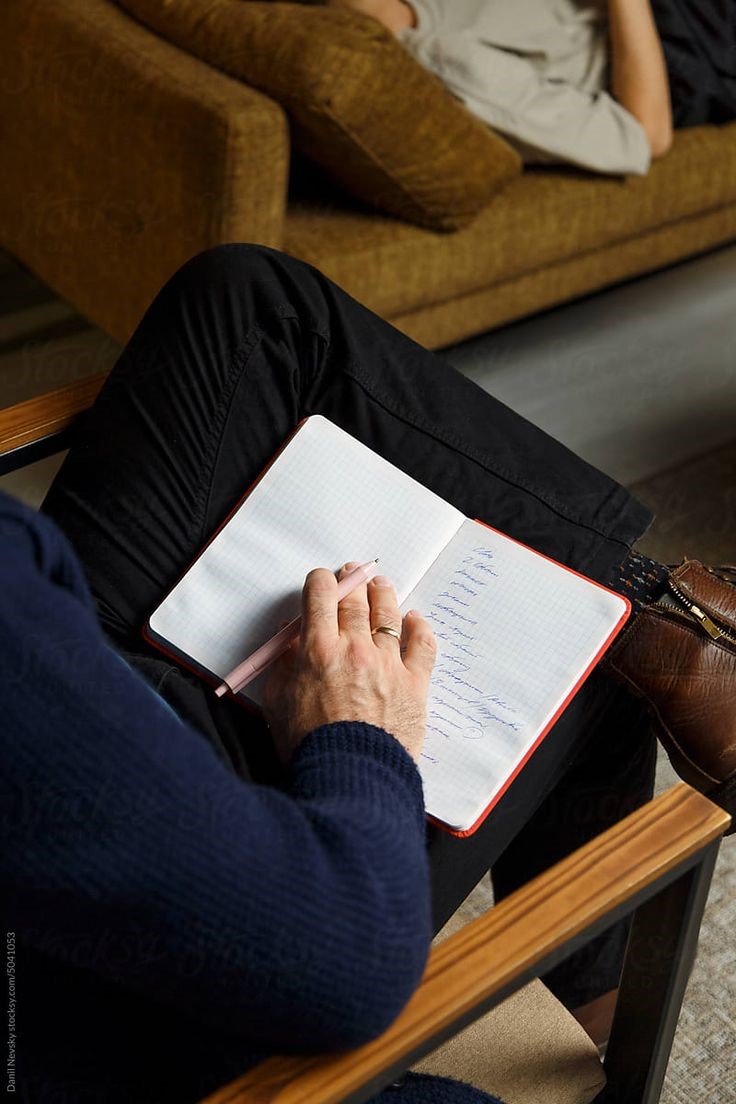
Psychoeducation
We offer a variety of psychoeducational services to support individuals in their healing journey. These services typically focus on helping individuals understand and manage their mental health, substance use, or behavioral challenges. Some key areas a recovery center might cover in psychoeducation include:
Understanding Mental Health and Substance Use Disorders
Education about the nature of mental health conditions or substance use disorders, including causes, symptoms, and effects on the brain and behavior.
Coping Strategies and Skills
Teaching individuals effective coping mechanisms for stress, anxiety, and cravings, as well as strategies for managing triggers and preventing relapse.
Emotional Regulation
Helping individuals understand and regulate their emotions, improving self-awareness and emotional intelligence.
Communication and Interpersonal Skills
Offering guidance on improving relationships, including assertiveness, healthy boundaries, and conflict resolution.
Recovery Models and Stages
Educating clients about the stages of recovery, the recovery process, and the importance of maintaining long-term wellness.
Mindfulness and Self-Care
Promoting practices like mindfulness, meditation, and self-compassion to support overall well-being and emotional resilience.
Relapse Prevention
Providing tools and education on identifying warning signs of relapse and strategies to prevent setbacks.
Support Systems and Resources
Teaching individuals about available resources, peer support groups, and community programs that can aid in recovery.
These psychoeducational offerings aim to empower individuals with the knowledge and tools needed to make informed decisions, enhance their mental well-being, and promote long-term recovery.
Counseling and Psychotherapy
Psychotherapy and counseling are interactions between a therapist and one or more clients. The purpose is to help the client with problems that may have aspects that are related to disorders of thinking, emotional suffering, or problems of behavior.
Addiction Counselling & Treatment
An addiction counseling and treatment program provides support and therapeutic interventions to help individuals overcome substance use disorders, develop healthier coping strategies, and achieve long-term recovery.
Psychosocial Support
Psychosocial support is about helping individuals cope with, and overcome difficult life situations. Good psychosocial support is comprehensive and focuses on protection resilience and coping mechanisms.